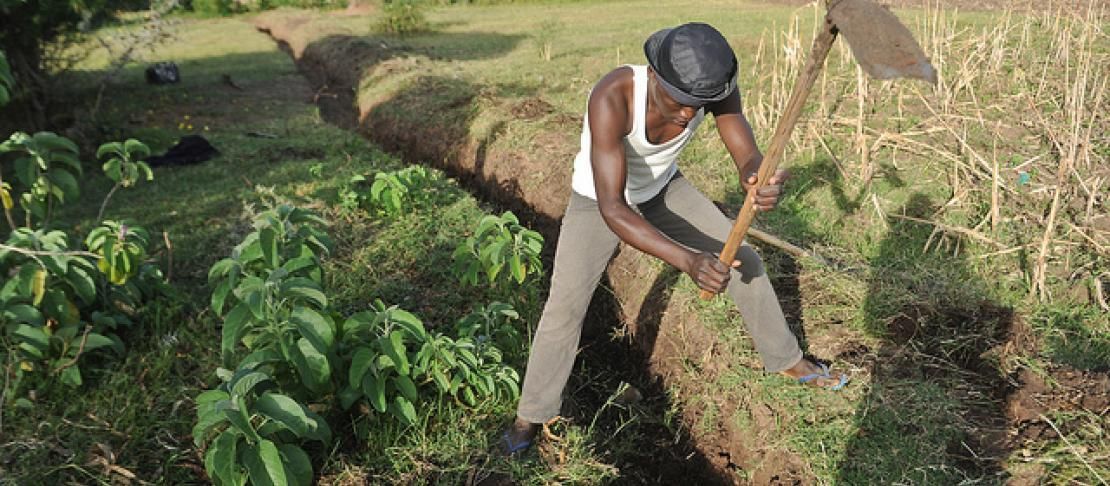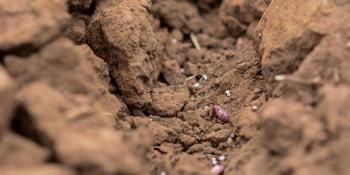Villages can become climate-resilient. This is how!

Interview with our researcher John Recha on the Climate-Smart Village model in lower Nyando, Kenya.
The earth's climate is a'changing. And there are many indicators of that. Temperatures are either going up or dropping in some areas, snow and rainfall patterns all over the world are a mess. I don’t remember when our meteorological department of Uganda predicted steady patterns, for example. We have a lot of unusual torrential rainfall, and plenty of unexpected dry spells. Climate change is being experienced everywhere.
As a response to a changing climate and the need to increase food production and sustainability, the CGIAR Research Program on Climate Change, Agriculture and Food Security (CCAFS) has embarked on a participatory action research project: called ‘Climate-Smart Villages‘.
The Climate-Smart Village initiative
John Recha is a researcher with CCAFS and he lets us in on his findings. He defines “Climate-Smart Villages” as sites where smallholder farmer groups, policy makers, development organizations, extension agents, academic and research institutions work together towards addressing all the risks related to climate change and variability.
This partnership is a grand one but also important because it tests a portfolio of interventions - climate-smart agricultural activities - that seek to achieve better adapted rural communities, with higher incomes and greater food security.
The initiative began one and a half years ago and is at different stages in the CCAFS learning sites in East Africa. The pace at which partners are developing each site is dependent on the local farming system, biophysical environment, policies and institutions.
Read the full story on the Africa Agriculture Science Week (AASW) blog.
Ruth Aine is a Social Media reporter for the Africa Agriculture Science Week (AASW6). Follow us live from the #AASW6 conference, on our blog and Twitter.



